AI Will Fix the Planet
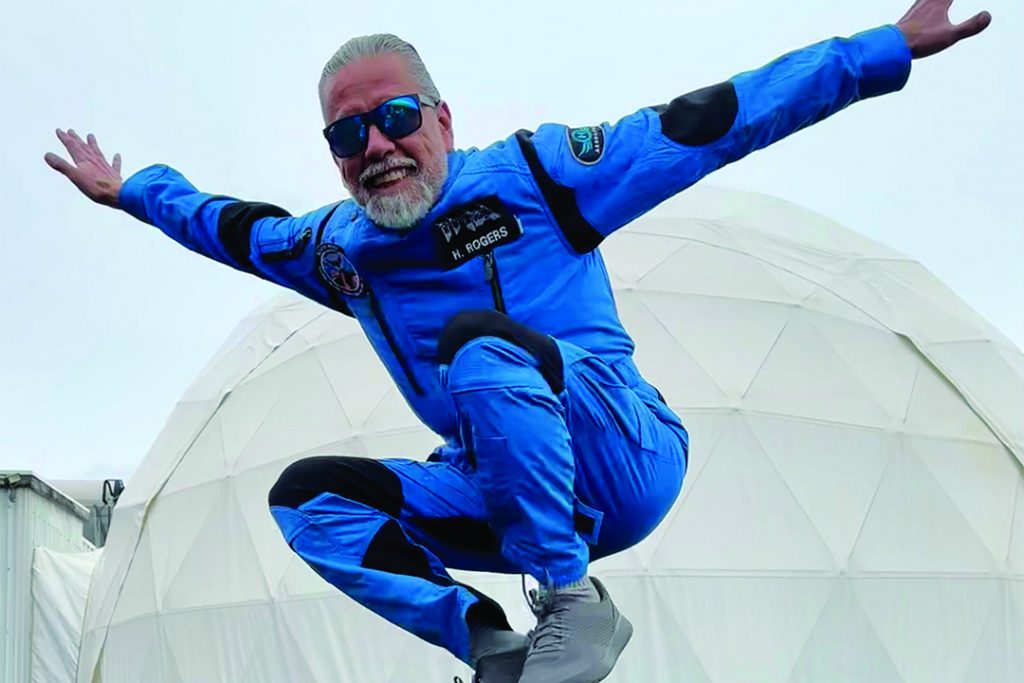
How does a 1980s gaming sensation save the world? One game at a time.
Not too many people have a life exciting enough to be made into a movie. Henk Rogers, president of the Tetris Company and a pioneer in the video game industry, watched his life unfold on the big screen on March 15 when Tetris premiered at the SXSW Film Festival with very positive reviews from audiences and critics alike. Two weeks later, the movie — which is based on Rogers’s real-life adventure turning the little-known Tetris game into an international phenomenon in the 1980s — debuted on Apple TV+.
Tetris was created by Russian computer programmer Alexey Pajitnov. The movie, a biographical thriller, tells the story of how Rogers discovered Tetris and went on a quest to bring the game to the masses after intense negotiations with the Soviet Union and Nintendo. Tetris also chronicles the lasting friendship he built with Pajitnov.
Rogers, who tells Real Leaders that he “just wanted the real story to come through,” says the popularity of the movie is opening new doors for his true passion: helping the world reach a commitment to 100% renewable energy by 2045.
“People are coming out of the woodwork all of a sudden wanting to talk to me,” he says. “The movie is making it easier to get things done. My mission is to end the use of carbon-based fuel, and to do that, I need more people listening to what I have to say. I don’t want to be famous. That’s not what I want out of it. The purpose is for people to understand how important it is that we accomplish this mission of 100% renewable energy.”
Rogers founded Blue Planet Alliance, whose mission is to get islands and countries around the world to legislatively mandate a commitment to 100% renewable energy by 2045. The organization works with governments, businesses, and individuals in growing a global movement to reduce the negative impact on the planet and helping humans get in harmony with nature. He also founded Blue Planet Energy, a global leader in renewable energy storage systems, and the International Moonbase Alliance, an organization working on building sustainable settlements on the Moon and Mars.
So, how does one go from hero of video-game folklore to focusing on renewable energy, space exploration, and ending the use of fossil fuels on Earth? Rogers says it was a near-fatal heart attack in 2005 that led to his pushing the restart button on his life and finding his true mission as one of the world’s leading climate change advocates.
“Having a near-death experience led me to think about what was going to piss me off if I didn’t do something about it,” he recalls. “I think that heaven and hell happen in the last second of life. You’re looking back on your life, and that one second lasts forever. You’re thinking, ‘I did everything that I needed to do in this life, I’m good to go.’ That’s heaven. And hell is like, ‘Damn, I should have done this, and I should have done that’ — you know, all these things that you would have done something about that you didn’t, those are the regrets. And then that last second full of regret, you know you just blew it. You had your chance, and you blew it.”
Rogers isn’t suggesting that we all go out and have a near-death experience, but he does believe that each of us should write our epitaph. “Write down what it’s going to say — as you are right now, what is your epitaph going to be? Oh, he founded Tetris. No.
What I want my epitaph to be is: He solved climate change. Whatever it is that you want your epitaph to say, you better make sure that happens by working on it.”
Interestingly, Rogers hasn’t abandoned his gaming roots. Recognizing that people need to be activated to stop climate change and move the world in the right direction, he is working on a new technology called the Action App, which helps ordinary people (players are called “Actors”) find helpful things to do and awards them points and status. An Actor chooses from lists of action items — starting small, like “pick up litter” or “turn off a light,” to as challenging as “end the use of carbon-based fuel in a country” or “rebuild a barrier reef.” The app is currently being tested at Arizona State University, and he is hoping to launch it this year.
Rogers says he created the app because people frequently ask him what they can do. “My answer is always, ‘I don’t know what you can do. You have to figure out what you can do. What is it that ticks you off about the world? Fix that. Whatever it is, go fix something. Don’t just accept things the way they are.’”
The app uses the stimulus/reward cycle developed by the gaming industry to keep people engaged and competing to do bigger and better things. The Action App uses artificial intelligence (AI) developed by web merchants to present Actors with actions tailor-made for them.
“You start with small things, you go up a level, and we give you bigger things to do. You do a bunch of those, and then you go up another level, and we give you even bigger things to do. The AI watches you and the choices you make, and it figures out what you’re most likely to do next. Eventually, you will be doing big things in your area of interest.”
Actors can earn even more points by creating their own actions. “You create an action like, ‘I want to clean up this empty lot in my neighborhood with everyone within a mile to come and help me on Saturday.’ And so, it’s got a time, it’s got a location, and it’s got a radius of where we call on people to do this particular action. All the actions are fed into the system by people, and then when somebody else does the action that you created, you get more points. The most points you can make is by creating an action that a lot of other people do.”
But it doesn’t stop there. The next stage will engage nongovernmental organizations so that they can create and sponsor actions. He thinks universities should require every student to take a sustainability class, and the teacher can select which things students can do in the app to earn a certain grade or extra credit. He envisions real change happening when celebrities and influencers sponsor actions and motivate their many followers to help them earn points. Eventually, it will become a competition between celebrities or sponsors to see who can affect the biggest positive change in the world.
“If you have a really good action, and you really want it to grow, then you can enlist the help of an influencer,” he explains. “You can enlist a soccer star, and say, ‘Help me clean up Barcelona.’ And then maybe that soccer star challenges another soccer star to enlist their followers to clean up Madrid, and there’s a competition between which influencer and their fans can clean up their city faster. So, it becomes an ecosystem. That’s my gamification way of fixing everything.”
Rogers recognizes that his is one of few voices of optimism in a world overwhelmed with dire predictions. “It’s a waste of time to think about what could possibly go wrong or what will go wrong. We have to stop all the bellyaching. Everything we need to solve climate change is in existence today. There’s no new technology that needs to be developed. We have all the answers. We’ve got wind, solar, and geothermal (energy) — we even have nuclear if we need that in a pinch — but solar and geothermal are enough to solve everything, and we have barely scratched the surface on geothermal, pun intended.”
Rogers is particularly encouraged by the alternatives to fossil fuel. “We can totally get rid of fossil fuel. We can transport hydrogen around the world to places where we don’t have wind, solar, or geothermal. Hydrogen is the new transportable fuel. It can power ships, trucks, and buses. Hydrogen is this huge thing that’s coming at us. Europe is making the change already. They’re switching over big time. This is a major overhaul, and if Europe makes the change, then the rest of the world will make the change as well.”
Obviously, there are all the right reasons to take action against climate change and achieve sustainability, but Rogers points out that there are business opportunities as well. “Think of all the things that need to be fixed,” he says. “The things that are wrong with the planet right now, they all have solutions, and those are all business opportunities — every single one of them.”
For Rogers, he found an opportunity in his home state of Hawaii. “We had
so much rooftop solar that the electric company said it couldn’t handle any more on the grid, and so they were not going to allow people to grid tie anymore,” he says. “So, I started thinking about what to do with that energy, and the answer is you have to store it. On a sunny day, you have all kinds of extra energy. So, what do you do with the extra energy? The answer is you make hydrogen, and hydrogen is a fuel that you can store. The next market is storage. You capture that solar and you sell it at night when you can actually get money for it.”
Rogers doesn’t think his goals and timeline are overly ambitious, and he is very confident about the future. “In the old days, before AI, if I wanted to know something, I would go to the internet and do searches. But now, AI can tell me what to do. I can say, ‘Tell me the best way to use solar energy to help my community,’ and it gives me all the latest developments in solar and comes up with solutions.
We should be able to fix the whole planet with AI. It is going to accelerate knowledge and progress to the point that we beat climate change.
There’s no reason we can’t do it.”
Subscribe today and gain a strategic advantage from the emerging trends and best leadership practices found within Real Leaders magazine.

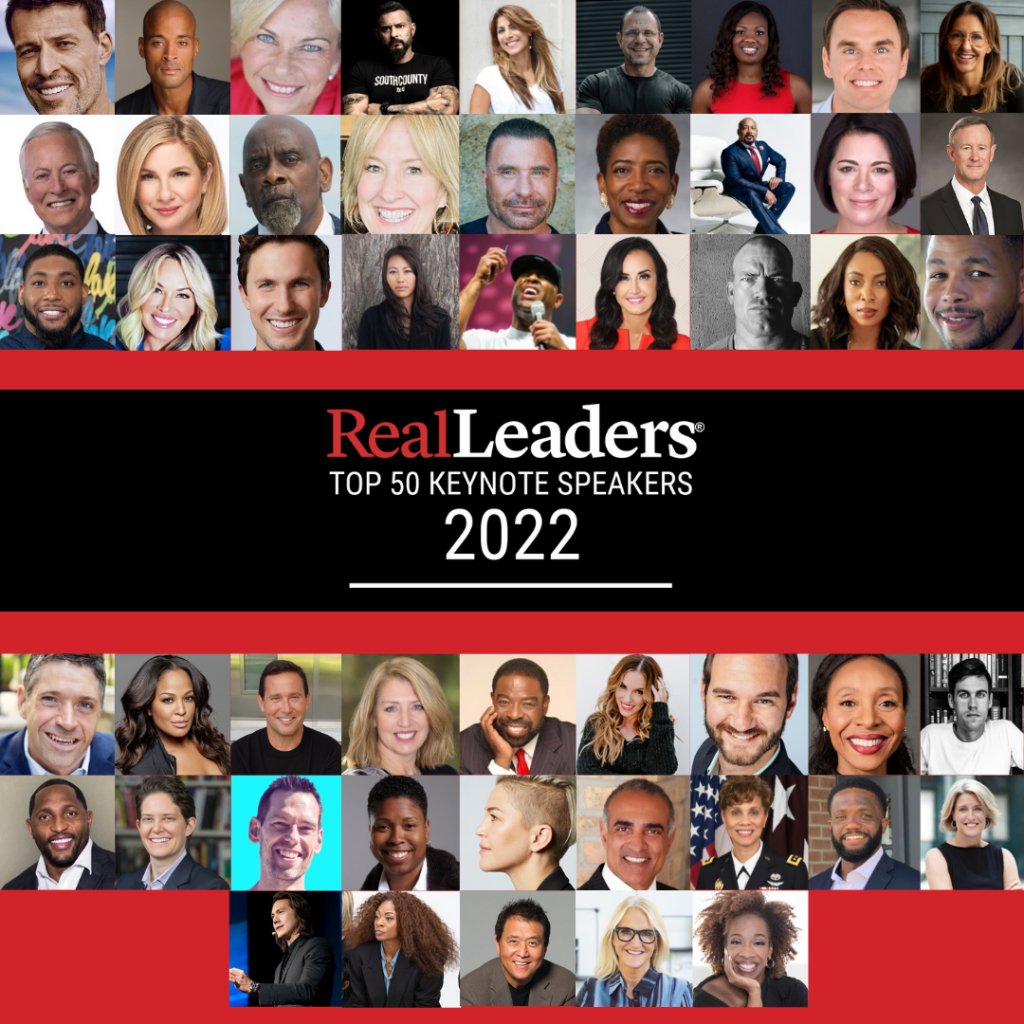
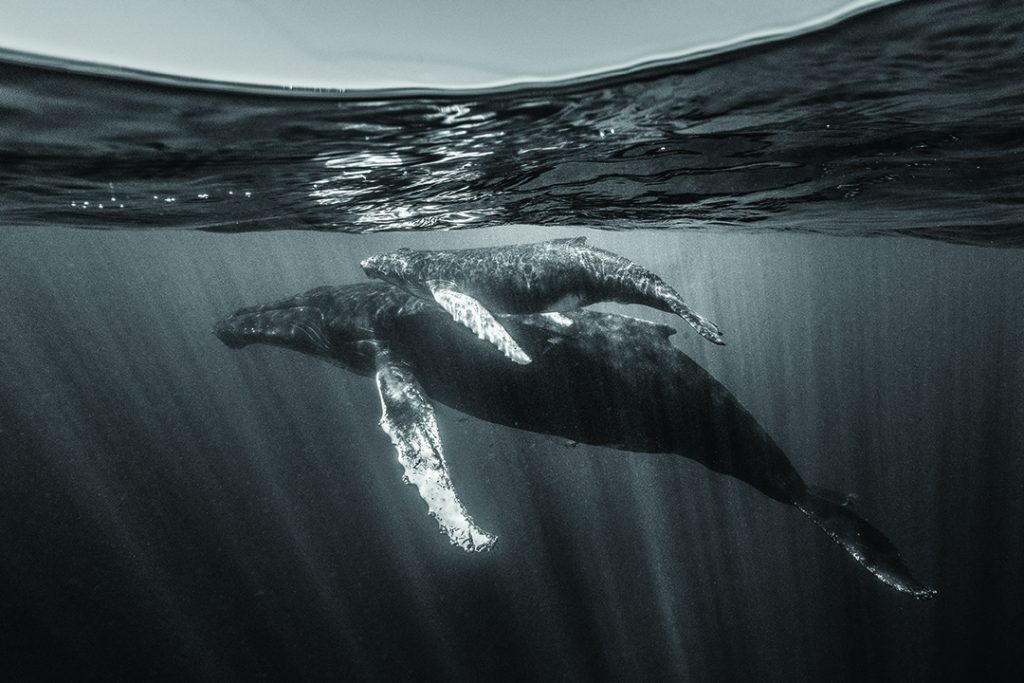
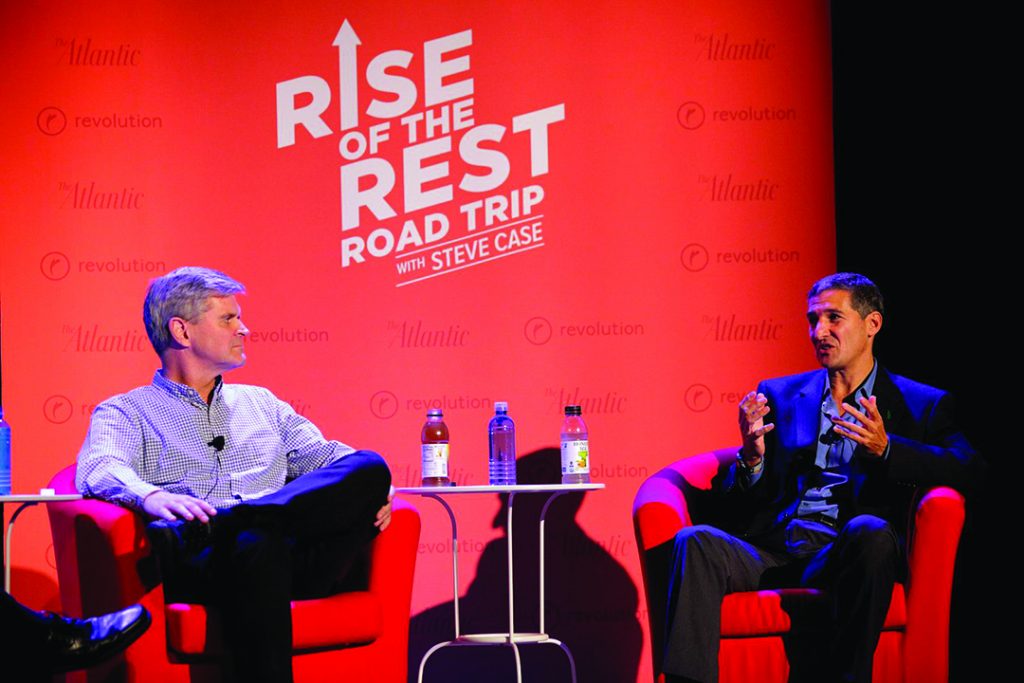
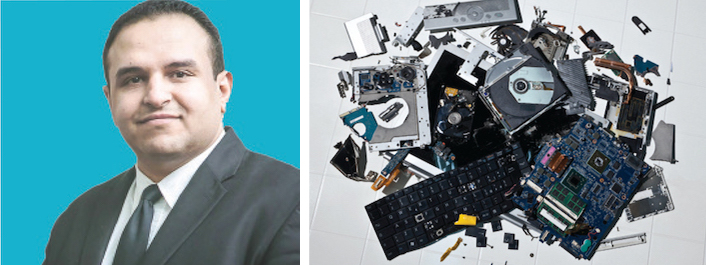
Responses